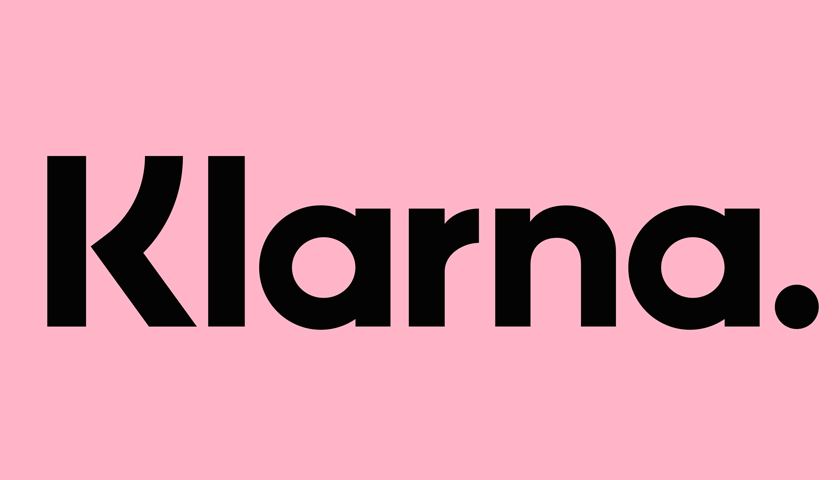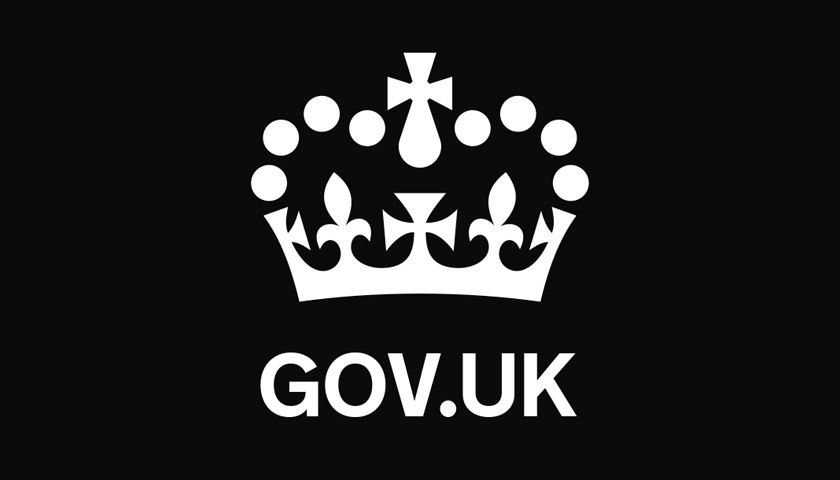Klarna, the global payments network and shopping destination, today announced that it will contribute a total of $2.35 million USD towards several climate initiatives as part of its ongoing commitment to tackle the climate crisis. This is the third round of contributions from Klarna’s internal carbon tax, totaling $5.07 million since 2021, designed to create maximum long-term climate impact. Instead of purchasing carbon credits to make climate neutrality claims, Klarna contributes funds from its internal carbon tax in initiatives tackling climate change to drive greater impact.
“Klarna is committed to supporting impactful organizations long-term as a catalyst for change, to help them grow and maximize their impact,” said Salah Said, Head of Sustainability, Klarna. “Klarna’s internal carbon tax has generated $5.07 million USD to support over 20 companies worldwide to date, driving the removal of CO2 from the atmosphere while also contributing to nature protection and restoration, decarbonization, and advocacy.”
Later this year, Klarna will allocate a portion of its $2.35 million contribution to new projects* developing innovative climate solutions for carbon removal, selected together with its strategic partner Milkywire as part of the Climate Transformation Fund:
- Carbon Capture Scotland, a UK-based carbon capture and storage company focused on capturing waste biogenic CO2 from whisky distilleries and storing it via geological storage.
- Kenya-based Takachar, which produces biochar, a carbon-rich fertilizer, from crop and forest residues, reducing air pollution and achieving net carbon removal.
- SeaO2, a Dutch company using electrochemical oceanic carbon capture technology to treat water and capture and store its CO2 content, returning the treated water to the ocean’s surface layer where it can continue to absorb more CO2.
- UK-based Direct air capture (DAC) innovator Mission Zero Technologies have developed a completely new, low-energy, Direct Air Mineralization (DAM) process to capture atmospheric CO2 and turn it into rock, which can be used in building materials or land-filled in a responsible manner.
- Kenya-based Octavia Carbon designs, builds and deploys machines that filter CO2 from air, and then stores CO2 underground permanently using Kenya’s basaltic geology.
- Parallel Carbon is a UK company developing among the world’s most affordable process for DAC and hydrogen production. They combine ancient geochemistry with modern electrochemistry to remove carbon and eliminate fossil fuels in parallel.
- TerraFixing, a Canadian company which has developed an adsorption based direct air capture (DAC) technology that is strategically designed to operate in cold remote locations where extracting CO2 from the air is easier and cheaper.
- Inplanet, an Enhanced Rock Weathering (ERW) startup working in tropical Brazilian agriculture, focused on removing carbon, reducing conventional chemicals and producing more nutritious food by spreading silicate rock powders from local mines on farmland.
A portion of Klarna’s contribution will also be distributed to organizations the company has supported previously, including Husk, Silicate and InterEarth, as well as to the other parts of Milkywire’s Climate Transformation Fund.
“Klarna has been a fantastic partner for us at Silicate, providing financial support to scale our solution with rigorous science, which has in turn helped to highlight the potential of enhanced weathering to meaningfully contribute to carbon removal efforts globally,” said Maurice Bryson, Founder and Director, Silicate.
“Carbon removal is a crucial part of reaching net zero, but the industry is in its infancy, requiring costly development, testing and then scaling. Early funders like Klarna that prioritize the catalytic effect of their support can make an enormous difference in accelerating the sector,” said Robert Höglund, Climate Fund Manager, Milkywire.
In addition to sponsoring impactful projects, Klarna continues to make progress in reducing its own emissions. Klarna’s absolute carbon footprint decreased by 3.75% in 2022 compared to 2021, driven by steady improvements in reducing emissions from purchased goods and services as well as capital goods. Klarna also achieved its goal of ensuring that all of its office locations reach 100% renewable energy usage at the end of 2022, two years earlier than planned. By 2030, Klarna aims to reduce 50% of its carbon-intensity-based emissions in line with the Paris Agreement, and by 2040, the company aims to operate at net-zero.


